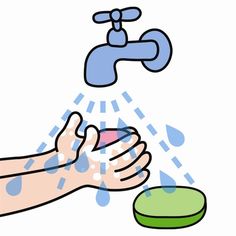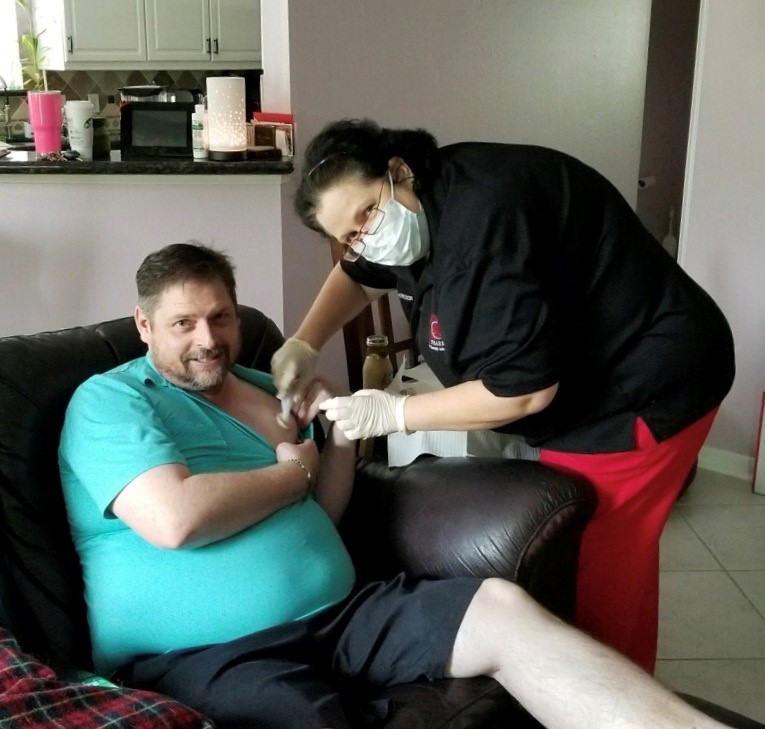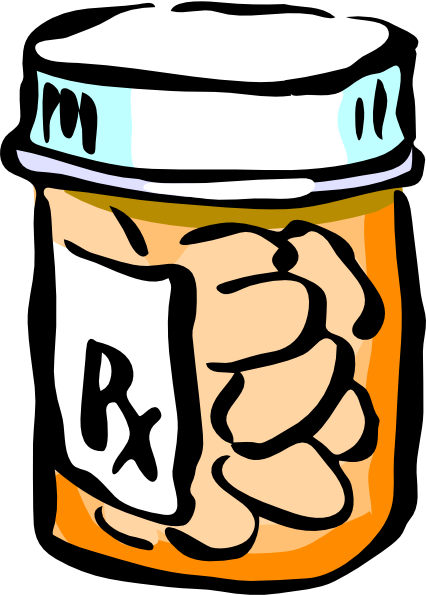When Katherine Holt hears about people who are eager to end pandemic precautions she is outraged. Katherine is among those who are at highest risk from COVID-19 infection, not just because of her age: 76. She has chronic inflammatory demyelinating polyneuropathy (CIDP), an autoimmune disease that makes it hard for her to walk because of damage to the nerves in her legs.
For those like Katherine who live with autoimmune diseases or other chronic illnesses that put them at risk, one of their greatest fears is that people will start to relax coronavirus restrictions like social distancing and gathering in groups. They’re afraid this will increase COVID-19 cases and that vulnerable people like themselves will get sick.
“I just want to jump through the TV when I see people saying we don’t need to stay home,” she says. “It’s not time to lighten up, because it’s just going to make this pandemic longer, and more people will die.”
Katherine knows what she’s talking about. Until she retired, she worked most of her life as a nurse. She also started her career in the US Air Force. Between the two, she still feels a great deal of respect for authority and duty—an authority based on science and a duty to keep people healthy.
So Katherine is sticking to stay-at-home orders. She lives in Jonesboro, Arkansas with her sister Gloria and their four-legged family: four cats and two dogs. Katherine is grateful that her sister is so strict about making sure she is not exposed to coronavirus or other infections.
“In the beginning, my sister and I—she’s 67—looked at each other and we decided between the two of us I was the one at highest risk since I have CIDP,” Katherine says.
Gloria orders ahead and uses drive-through services at the grocery store and pharmacy. Anything that comes into the house sits in the garage for several hours before being brought inside. Then Gloria pulls on gloves and wipes everything down with alcohol or bleach before placing it in the pantry or refrigerator. In a fallback from Katherine’s days as a nurse, they even have a transition area between the outside (dirty) and the inside (clean) where they do the disinfecting.
Katherine had two doctor appointments scheduled during April, one with her PCP, the other with her neurologist. Both were routine checkups, and she was feeling fine, so she canceled them. She will call if she needs medication refills and reschedule when the pandemic precautions are lifted.
One thing she has not canceled is her IVIG therapy. She’s been receiving monthly treatments since 2008 and getting her infusions at home for about four years now. It’s the main thing that keeps her able to walk.
Katherine’s first infusions were done in a hospital. “I had to be there at 7 o’clock in the morning, and I was there all day. I got back home about six or seven at night, because they were giving it to me really slowly and checking all the vital signs and everything very frequently.”
When the hospital canceled her infusions several times in a row, she was getting a little desperate. She happened to have an appointment with her neurologist shortly after a representative from CSI Pharmacy had stopped by, talking about home infusion. The doctor put in the order, and three days later—on a weekend—Katherine was getting her infusion at home. Now with social distancing, home infusion makes even more sense.
“I think home infusion is the way to go,” she says. “It’s everything you could want. They made it all really easy. And I enjoy when they come, because finally I have another nurse to talk to.”
Ever the nurse, however, Katherine wants to educate the public about what it means to people like her for the country to flatten the curve.
“I just wish I could help other people understand how important it is to stay at home,” she says. “I’m praying people will see reason. If they draw on their good conscience, hopefully they’ll be able to say, oh, maybe we shouldn’t go back to business as usual just now.”





